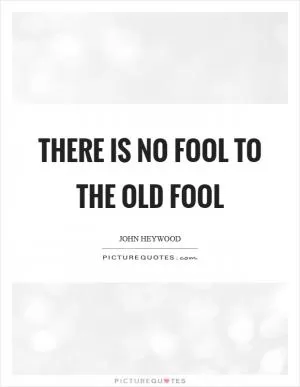And also I shall to reueng former hurtis, Hold their noses to grinstone, and syt on theyr skurtis

And also I shall to reueng former hurtis, Hold their noses to grinstone, and syt on theyr skurtis
John Heywood was a prominent English playwright and poet during the Tudor period, known for his witty and satirical works. One of his most famous works is "The Proverbs of John Heywood," a collection of short, pithy sayings that often contain a moral lesson or a humorous twist. Heywood's use of language and wordplay made him a popular figure in the court of Henry VIII, where he served as a musician and entertainer.The line "And also I shall to reueng former hurtis, Hold their noses to grinstone, and syt on theyr skurtis" is a prime example of Heywood's clever and playful use of language. In this line, Heywood is expressing a desire for revenge against those who have wronged him in the past. The image of holding someone's nose to the grindstone is a metaphor for making someone suffer or pay for their actions. Similarly, sitting on someone's skirts is a symbol of dominance and control.
Heywood's use of vivid imagery and wordplay in this line demonstrates his skill as a poet and playwright. He is able to convey complex emotions and ideas in a concise and memorable way. The use of rhyme and alliteration adds to the musicality of the line, making it both pleasing to the ear and easy to remember.












 Friendship Quotes
Friendship Quotes Love Quotes
Love Quotes Life Quotes
Life Quotes Funny Quotes
Funny Quotes Motivational Quotes
Motivational Quotes Inspirational Quotes
Inspirational Quotes